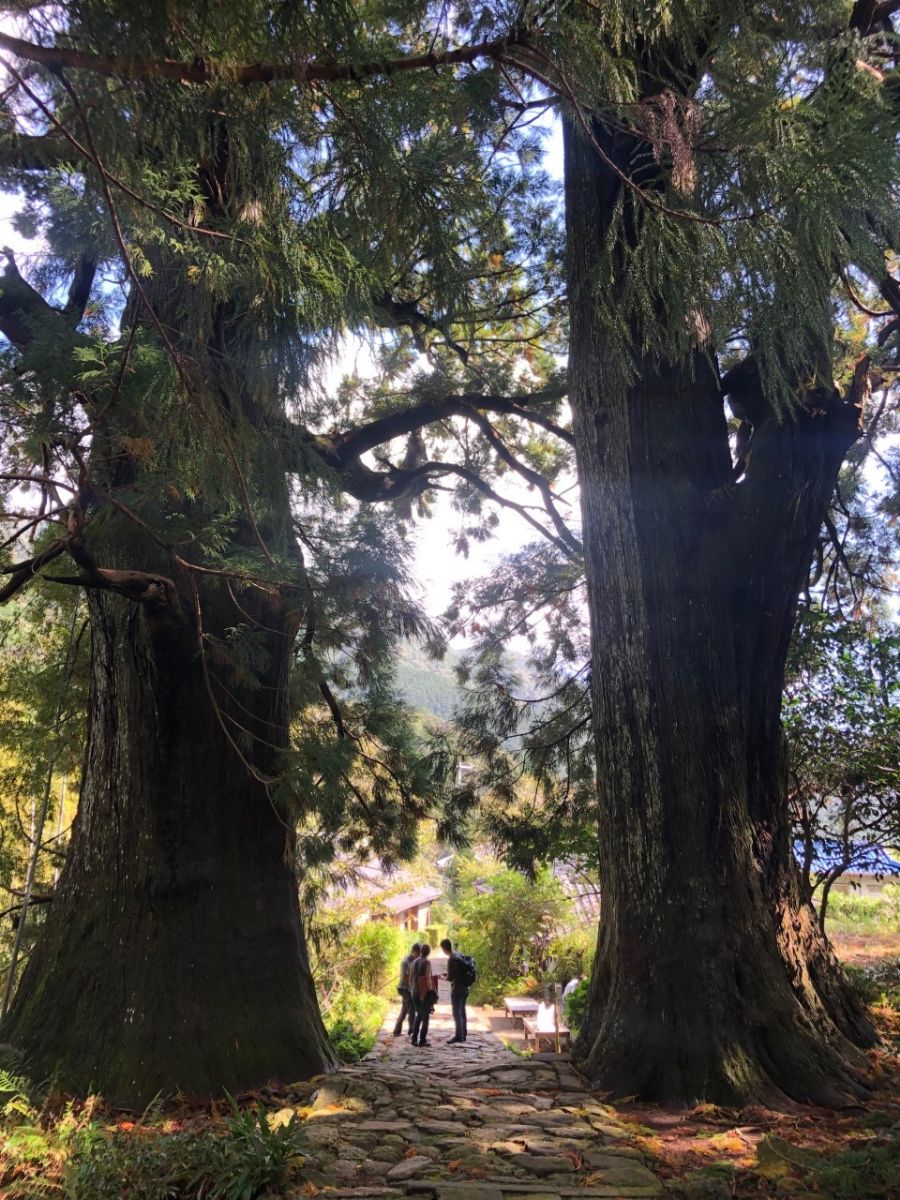Nanda Devi Area
Key information: Nanda Devi Area 
- The Nanda Devi area is home to miraculous mountains and its own UNESCO Biosphere Reserve. It remains one the loveliest and remotest areas of the Indian Himalayas.
- Many trekking options among the massif’s peaks and the ridges and valleys which radiate out from them. The area’s best-known trek is the Curzon Trail.
Walkopedia rating
- Walkopedia rating90
- Beauty35
- Natural interest16
- Human interest8
- Charisma34
- Negative points3
- Total rating90
Vital Statistics
- Length: Your choice
- Maximum Altitude: 4,250m+
- Level of Difficulty: Variable
WALK SUMMARY
The Nanda Devi area, until fairly recently closed to visitors to protect its biodiversity and still heavily restricted (as of 2018), is home to miraculous mountains (most famously 7,816m) Nanda Devi in its mountain-girt Sanctuary), and its own UNESCO Biosphere Reserve and National Park. It remains one the loveliest and remotest areas of the Indian Himalayas, often called “Himchal” or “snowy mountains”. Ironically, it was long beloved by adventurers of the British Raj, but fell into benign obscurity when Nepal opened up for tourism. Seen from Tibet to the north, the white-cloaked dome of Nanda Devi dominates all around it.
This area lies primarily in the Gharwal Himalayas, but the eastern approaches (eg the Milam Glacier and Nanda Devi East) are in the Kumaon Himalayas and approached from the south-east rather than south-west.
Nanda Devi is surrounded by two concentric rings of high ridges and peaks, penetrated by the famously wild Rishi Gorge; within this is the Sanctuary. As well as Nanda Devi itself, India’s highest (exclusive) mountain, other peaks in the area include the pyramidic Kamet (at 7,756m) and Dunagiri (7,066m), and Trisul (7,120m).
Once you are on the trails, you will find the area wonderfully remote, with old ways preserved and little sign of tourism – very few resthouses, no cafes or even food to buy.
The area’s famous biodiversity includes intact ancient forests of peculiar-looking, sometimes almost branchless, dark oaks (a velociraptor could burst out at any moment), Wildlife includes various types of monkey; deer and bears; and vultures and eagles and a wade array of delightful, sometimes wildly colourful, small birds.
The area has many trekking options among its massif’s peaks and the ridges and valleys which radiate out from it.
The area’s best-known trek is the so-called Curzon Trail, named after the famous Viceroy, who walked here in 1905. The trek is relatively moderate altitude-wise – the Kuari Pass isn’t all that high, at 3,658m, after several days’ acclimatization. It winds upward in the “Outer Sanctuary” near the western edge of the reserve, crossing the pass and gaining outstanding views (claimed to be among the best in the world). There are many variants of the route.
Other superb walking options – some of which can be combined with each other or with the Curzon Trail – include:
You can trek around the marvellous outer barriers of the Sanctuary, for instance from Lata over the Dhausari Pass at 4,250m – a tough walk involving big altitude gains, so beware.
Trekking to the high meadows at Bedni Bugyal (3,400m - ish) above Wan and east of Ghat, which have huge and stupendous views, in 5 days or so. You can extend this to the Bhogubasa cave and Rup Kund (see below). This can also be an extension to the Curzon Trail.
Interpretative Trek: “designed by Nanda Devi Institute of Adventure Sports in Collaboration with local community, a 4 days interpretive trek covers the alpine meadows of Lata Kharak and Saini Kharak bordering the core zone of the Nanda Devi National Park. It’s a community led responsible tourism initiative under the campaign for cultural survival and sustainable livelihoods in the High Himalayas.” https://ndi.edu.in/nanda-devi-national-park-trek/
A 7 day trek to the high and mysterious Rup (or Roop) Kund lake at 4,450m.
A 4 day trek, along with a throng of Sikh pilgrims in the high season, to the superbly sited Hem Kund lake (at 4,330m), surrounded by seven peaks, and the Bhyundar Valley (Valley of the Flowers), a large and magnificent glacial valley to the north west of the Nanda Devi area with floral life considered to be outstanding even in Himalayan terms – to the extent that it is a National Park.
The 6 or more day trail to the huge Pindari Glacier, to the south of the Massif. Very remote, totally unspoilt landscape, superb scenery, views of the lesser Nanda Devi peaks. Another justly famous trek with an ultimate altitude of 3,650m.
Milam Glacier and Nanda Devi East Base Camp in the Kumaon Himalaya. Since the closure of the Sanctuary, this is the best way to get close to gorgeous Nanda Devi – and to inspect the huge sea of ice, surrounded by vast (7,000m+) mountains, that is the Milam Glacier. 11-13 Days. www.trekkingindia.com do an exciting-looking expedition here.
Nanda Devi National Park Interpretive Trek: (recommended to us) - "designed by Nanda Devi Institute of Adventure Sports in Collaboration with local community, this 4 days interpretive trek covers the alpine meadows of Lata Kharak and Saini Kharak bordering the core zone of the Nanda Devi National Park. Its a community led responsible tourism initiative under the campaign for cultural survival and sustainable livelihoods in the High Himalayas.We realized that the walk should be all immersive and ended up designing a Interpretative Trek to the Nanda Devi National Park. The link for your reference is https://ndi.edu.in/nanda-devi-national-park-trek/ "
This can be tough walking in remote mountains with uncertain weather, where altitude can cause real problems. Come fully prepared, including proper acclimatization.
A good sign that the area is off the beaten track: Tripadvisor had (in 2015 anyway) few answers to a destination search! Yippee!
Please help us by recommending your best walks in the area, making suggestions and sending photos! Thank you!
Other accounts: share your experiences
Your comments on this walk, your experiences and suggestions, and your photos are very welcome. Where appropriate, you will be credited for your contribution.
We have a lot of helpful practical information and tips about this walk, covering everything from the best books and maps, to timing and weather, geting there, possible problems, whether you need a guide and where to find them, and useful websites. This section is only open to members.
Membership is FREE AND JOINING TAKES 30 SECONDS. To login or sign up click here
Safety and problems: All walks have inherent risks and potential problems, and many of the walks featured on this website involve significant risks, dangers and problems. Problems of any sort can arise on any walk. This website does not purport to identify any (or all) actual or potential risks, dangers and problems that may relate to any particular walk.
Any person who is considering undertaking this walk should do careful research and make their own assessment of the risks, dangers and possible problems involved. They should also go to “Important information” for further important information.
Anyone planning an expedition to this place should see further important information about this walk.
Safety and problems: All walks have inherent risks and potential problems, and many of the walks featured on this website involve significant risks, dangers and problems. Problems of any sort can arise on any walk. This website does not purport to identify any (or all) actual or potential risks, dangers and problems that may relate to any particular walk.
Any person who is considering undertaking this walk should do careful research and make their own assessment of the risks, dangers and possible problems involved. They should also go to “Important information” for further important information.
OTHER ACCOUNTS
share your experiences
Add your experiences, suggestions and photos. We would be delighted to receive your writing and ideas (which will be attributed appropriately where published).
Anyone planning an expedition to this place should see further important information about this walk.

Responsible travel matters, a lot. How you travel will make a real difference - for better or worse. PLEASE consider this when making plans. Read more








